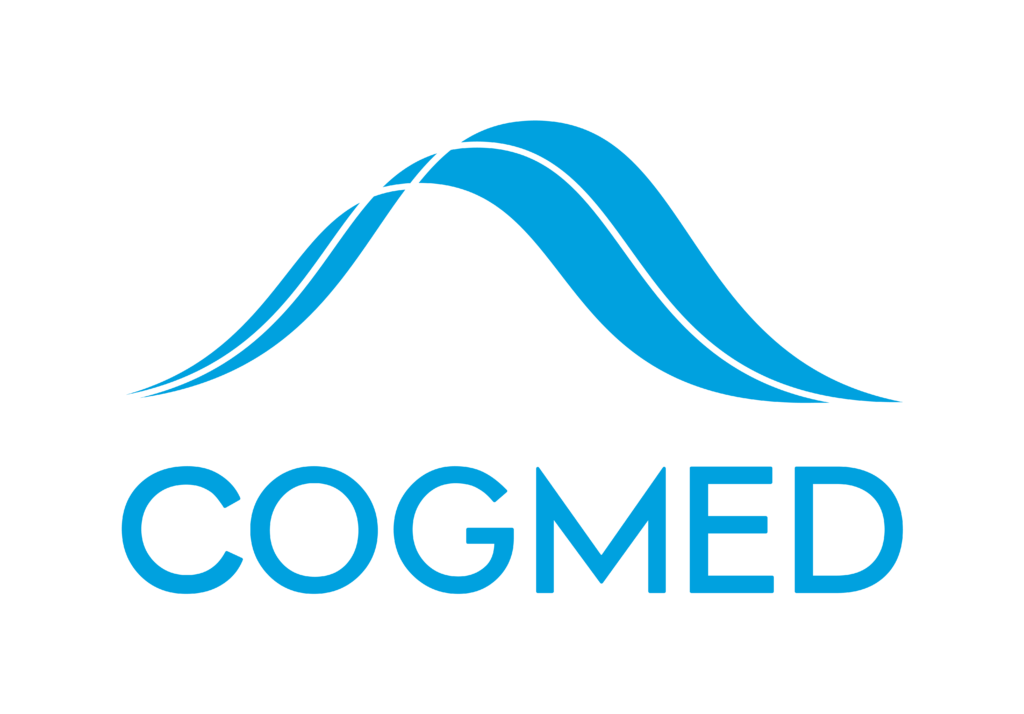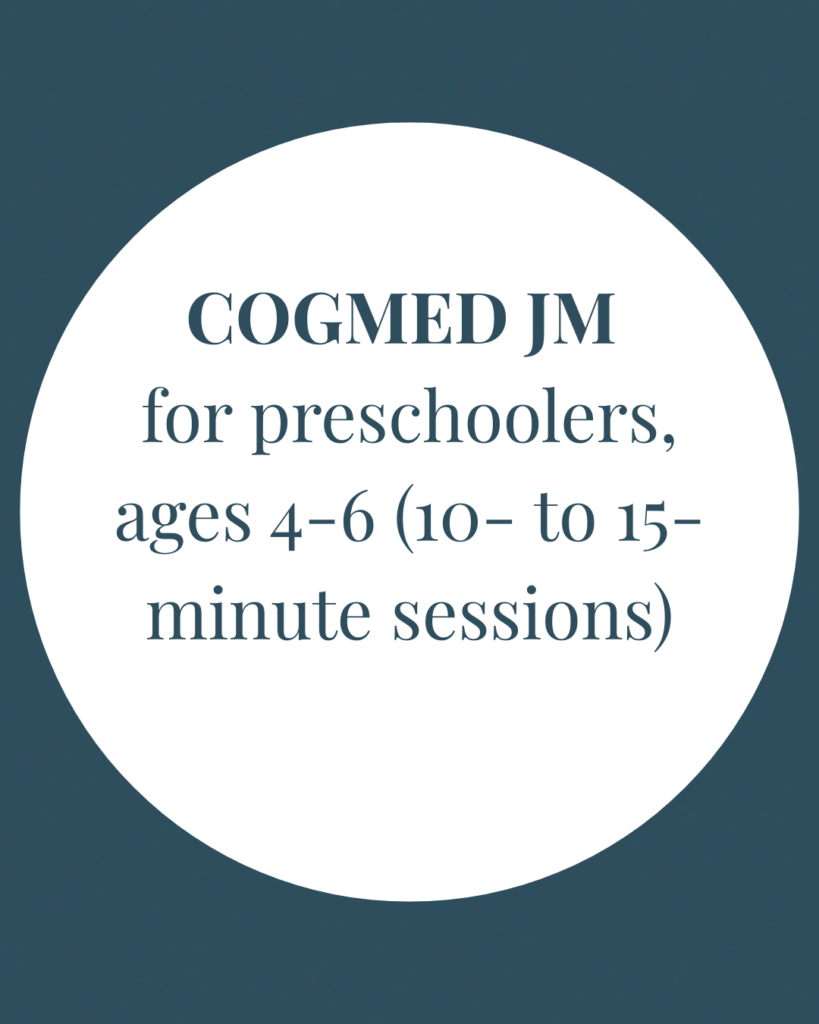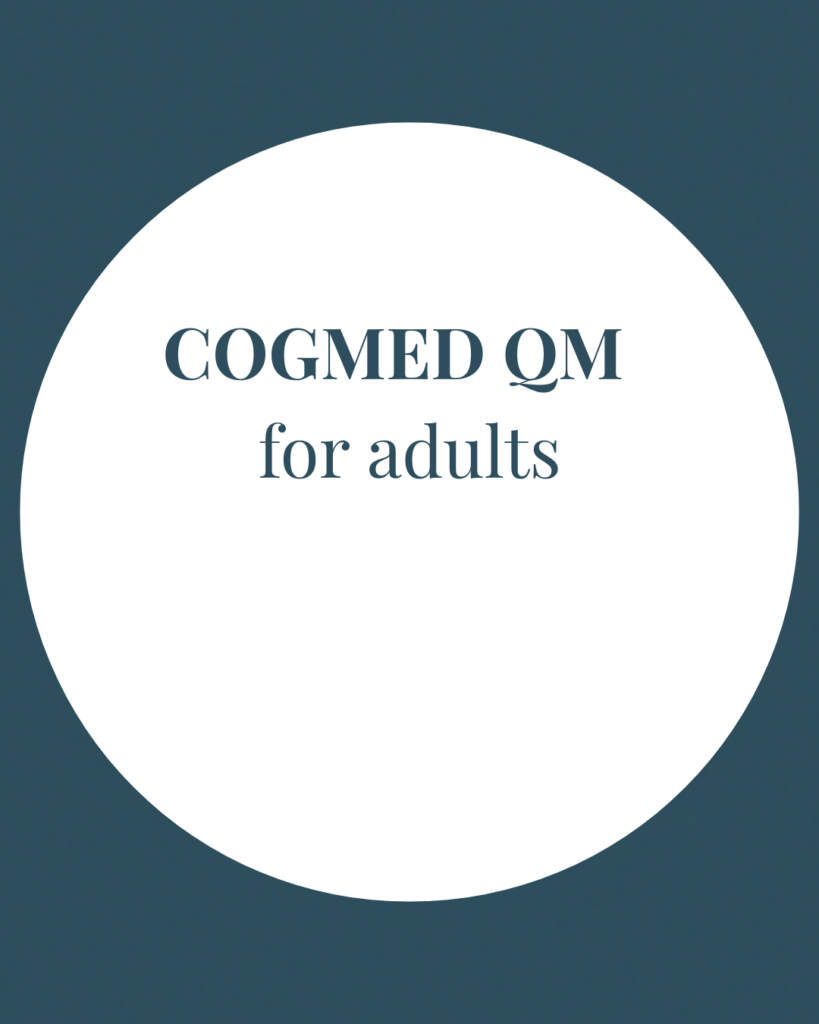
Individual Course
The world’s most scientifically proven digital tool for improving working memory and attention.
Children and Adolescents who suffer from ADHD have several treatment options: behavioral, cognitive, psychopharmacological, or a mixture of them all. We have seen tremendous success using any one of the options above but have always struggled to help our patients grow beyond the most challenging symptom of ADHD: their inability to develop new passions in life.
Passion in life is often thought to come naturally. At Unfold Psychology, we believe success comes not just from identifying and working on the innate passions we possess but also from being able to choose new ones. In school, in life, in work, and even in play, success comes from being able to find new passions, passions that may not have existed previously. In this lies the fundamental reason we believe Cogmed is the best non-pharmacological option to treat the underlying challenges ADHD invokes: attention.
Attention, concentration, is what gives us the power to make the best choices. Whenever you hear people say, “there are not enough hours in the day,” what they are really saying is I wish I could concentrate enough to take ADVANTAGE of the hours I have. ADHD affects one’s ability to concentrate – people with ADHD tend to think the only ‘things’ worth paying attention to are the ones that spark their inherent interests.
When you have the tools to concentrate, truly concentrate, on the tasks at hand, you have the ability to find meaning in the mundane tasks of life. Children and adolescents feel like their lives have no meaning. Rather than debate this, at Unfold Psychology, we accept it and challenge their skepticism by having them consider if they believe they can create their own meaning… Inevitably, they always answer no; today’s generation seems to believe if it is not ‘there’ it does not exist – put another way, if they do not already feel it, it will never be present.
Meaning stems from what provides us happiness or makes us feel content in life. What gives our life the greatest meaning, are the goals which are not directly in front of us, but the ones we must work for, the ones that come after years of concentrated attention.
Children with ADHD often lack the necessary concentration to make a connection between future happiness and present contentment. More often than not they tend to seek out instant gratification (e.g. vaping, pot, instagram, facebook), whatever gives them an immediate sense of purpose and meaning. To put it simply, the greatest challenge children with ADHD face is finding meaning, and meaning is derived from perspective, and how do we develop perspective in life… through our experiences, our MEMORIES.
Unfold Psychology invested tremendous resources, time, money and energy in Cogmed because it is the best non-pharmacological option to improve an individual’s working memory. We believe working memory is the key to helping this generation find the capacity to find meaning in the aspects of life they find boring.

Cogmed is a software program which is designed to improve an individual’s working memory. Working memory is what allows an individual to sustain focused attention, recall directions, manage impulses and solve problems. Cogmed strengthens working memory in anyone who has difficulty recalling information and keeping important details in the forefront of their mind.
Gamified learning tool
What is the COGMED Program?
The program is a gamified learning tool, consisting of 25 online training sessions. Each session is 10 to 45 minutes long, depending on the schedule you choose. Anyone who uses it is expected to complete a minimum of 5 sessions per week. This can be done at home, school, work, or wherever convenient. Cogmed is commonly used as conjoint therapy to treat ADHD.
In each session, the logged-in player (or patient) completes a series of video-game-like exercises – such as remembering and repeating the order in which a panel of lights or a field of asteroids lights up. The program responds to both correct and incorrect answers. Correct choices trigger an increase in difficulty, designed to push the limits of the patient’s working memory. Incorrect inputs cause the difficulty to decrease so the patient does not become frustrated and quit.
The Cogmed programs test both visual and verbal working memory. Throughout each session, the patient will complete roughly 8 unique exercises. The more they do it, the more they are inclined to beat their own high scores. Some days they will surprise themselves and make significant increases, other days, they will feel as though they have lost all their positive gains – in the end, the patients tend to be amazed when the scores from week one are compared to their final weeks results.
Simplified process for your convenience
How Do You Get Started?
To begin is rather simple: all you need do is contact Unfold Psychology and speak with one of our trained professionals. You will be asked details about your child’s education history and current psychosocial functioning. As long as your child is not undergoing a current psychotic episode or current manic episode and does not have an IQ that falls two standard deviations below the mean (100), then your child will be approved.
There are a number of options depending on the child’s availability. The Cogmed training schedules will be discussed, and once you determine which option fits you and your family best, your child will be assigned a Cogmed coach. This coach will stay with you throughout the entire duration of the program. They will help orient your child to their initial online session, check in weekly to help identify the patient’s relative strengths, weaknesses, and, if necessary, to help improve the child’s motivation and, finally, to provide feedback. All of the Cogmed training sessions results are available online, which makes reviewing the data easy for both the patient and coach to do simultaneously. Throughout the entire training protocol, there will be someone there to answer any questions and provide constant support.
While it may not sound like fun, most of the students who begin the program, and get in the rhythm often request additional sessions, beyond the minimum. They report increased self-esteem, the ability to recall important information more easily, feeling more present, and generally feeling less stress when engaging in difficult tasks.
Who is COGMED for?
Everyone! We offer three different popular products:



The fee for Cogmed Working Memory Training varies by location. It ranges in price from $1,500 to $2,000, and is not covered by many medical insurance plans. Current patients of Unfold Psychology are charged a reduced fee of $900. Individuals who would just want to use the Cogmed program, the cost is $1750.
https://www.additudemag.com/adhd/article/3430.html
https://www.additudemag.com/adhd/article/9132.html
http://file.scirp.org/pdf/PSYCH_2016032114405420.pdf
https://www.ncbi.nlm.nih.gov/pubmed/22612437?dopt=Abstract
http://journals.sagepub.com/doi/full/10.1177/1529100616661983
http://www.cla.temple.edu/tunl/publications/documents/1-s2.0-S221136811200071X-main.pdf
Exciting new research from the COGMED organization!
| |
We’re thrilled to share that a new study on Cogmed has been published in the prestigious Journal of Political Economy. Spearheaded by Dr. Ernst Fehr, vice chairman of the Department of Economics at the University of Zürich, the study examines Cogmed’s effects on academic performance for typically developing children.
It is one of the largest randomized-controlled studies on Cogmed to date, and one of the few to measure really long-term effects – we’re talking follow-ups several years post-intervention.
When we asked our founder Professor Torkel Klingberg about the findings, he shared: | |
“The present study differs from earlier publications in its focus on long-term learning outcomes in school-aged children. It not only shows that the effects on academic performance last, but also that they compound and increase over time. If we compare the impact on the children’s learning with other prominent and more costly interventions, such as reducing the number of students in the classroom, this study shows that Cogmed seems to yield equivalent–or better–results.” | |
We’ve had access to the pre-print version of this paper for a while now and have been eagerly awaiting its formal publication. We are absolutely delighted this is now officially out in the world, showing (once more) that Cogmed is a uniquely transformative tool when it comes to boosting the cognitive skills that are essential for learning and academic success. |
Unfold one step at a time

Begin your Unfold Psychology journey here.
Locations
100 Tamal Plaza, Ste. 107 Corte Madera, CA 94925
1955 Mountain Blvd., Ste. 101 Oakland, CA 94611
2860 Laguna St., Ste. 101 San Francisco, CA 94123
Contact
Phone: (650) 993-9321
Fax: (650) 319-6759
Email: careteam@unfoldpsychology.com
